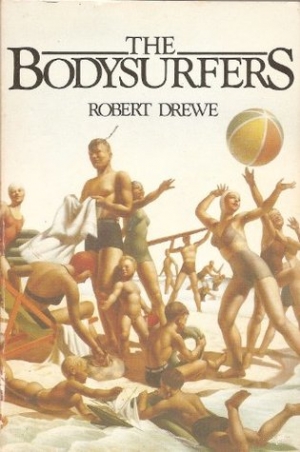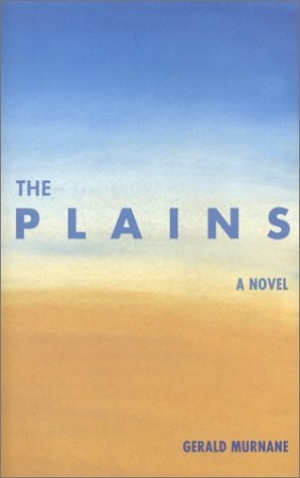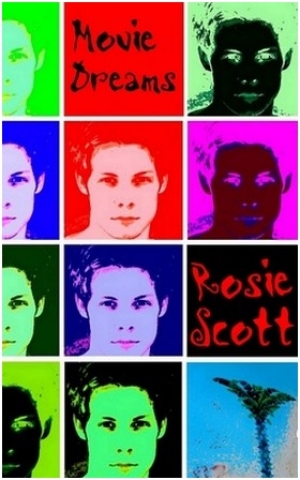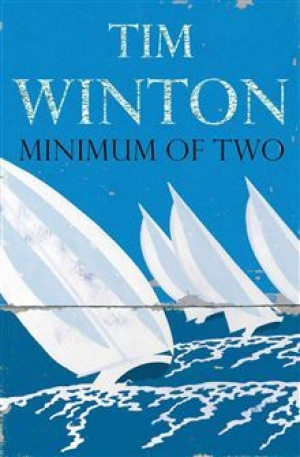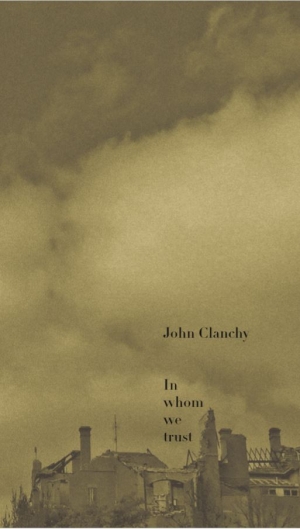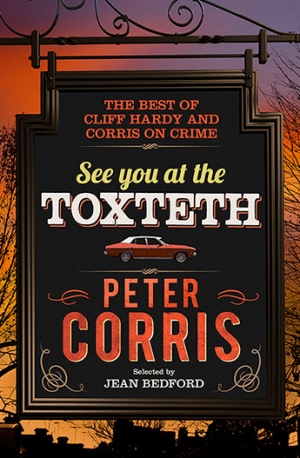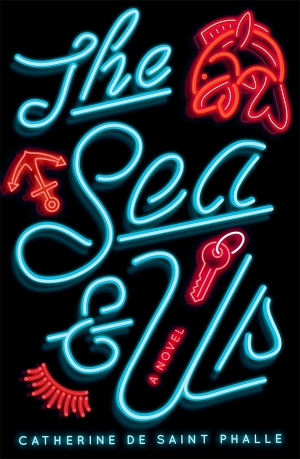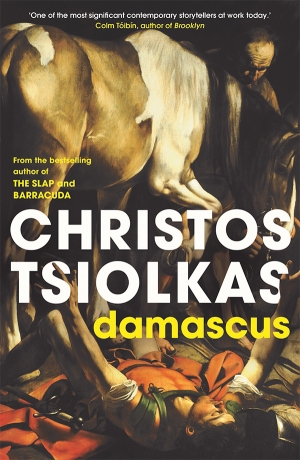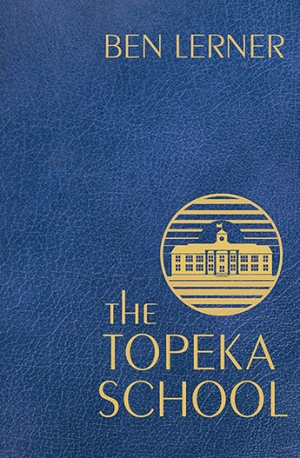Fiction
This collection of twelve stories by the author of The Savage Crows and A Cry in the Jungle Bar seeks to explore and define what Drewe sees as a part of our national psyche, the preoccupation with the coast and with the ‘careless violent hedonism’, as one of the characters puts it, of beach life. In ‘Looking for Malibu’, David Lang, who appears in several of the stories, defines it for a then fellow expatriate in a discussion about criminals on the run. ‘If their enemies were middle-class Australians they’d know where to look for them,’ he says. ‘You know something? When Australians run away they always run to the coast. They can’t help it. An American vanishes, he could be living in New Mexico, Arizona, Colorado, the mountains, the desert, anywhere. Not an Australian-he goes up the coast or down the coast and thinks he’s vanished without a trace.’
... (read more)The Plains is a book for the critic, not the mere reviewer. It is a strange creature, to be approached with care. Several omens made me cautious. My review copy reached me three months after the date of posting.
... (read more)There’s a line in the film Out of the Past: ‘I think I’m in a frame, I’m going in there to look for the picture.’ Reading this book is a bit like that. Not that Scott necessarily writes with one eye on the film rights (though Movie Dreams may well translate effectively to film), but because the book is largely an exploration of the influence of popular movies on the imaginative life – especially the imaginative life of a troubled adolescent who once had film school aspirations.
... (read more)A little puce head slipped out, followed by a rush of blood and water. Jerra saw it splash onto the gynaecologist’s white boots. Across Rachel’s chest the little body lay tethered for a moment while smocks and masks pressed hard up against Rachel’s wound. He saw a needle sink in. Someone cut the cord. Blood, grey smears of vernix. The child’s eyes were open. Jerra felt them upon him. From the little gaping mouth, pink froth issued. They snatched him up.
... (read more)The Royal Commission into Institutional Responses to Child Sexual Abuse has revealed systemic mistreatment of vulnerable children over decades. Though these crimes have not been the exclusive province of the Catholic Church, its education system has brought more children into intimate care by religious orders, and even those never abused have observed the tics of brutality in some of their teachers and mentors. In a note at the end of his new novel, In Whom We Trust, John Clanchy mentions James Joyce’s hell-fire sermon in A Portrait of the Artist as a Young Man (1916) and the recurrence of these ‘tropes of terror’ in the rhetoric he heard as a Catholic schoolboy in 1960s Melbourne. The system has long-standing practices of psychological control.
... (read more)Chris Flynn 'See You at the Toxteth: The best of Cliff Hardy and Corris on crime' by Peter Corris, selected by Jean Bedford, and 'The Red Hand: Stories, reflections and the last appearance of Jack Irish' by Peter Temple
Two of the greatest Australian crime writers died within six months of each other in 2018. Peter Temple authored nine novels, four of which featured roustabout Melbourne private detective Jack Irish, and one of which, Truth, won the Miles Franklin Literary Award in 2010. Temple died on 8 March 2018, aged seventy-one. Peter Corris was more prolific, writing a staggering eighty-eight books across his career, including historical fiction, biography, sport, and Pacific history. Forty-two of those highlighted the travails of punchy Sydney P.I. Cliff Hardy. Corris died on 30 August 2018, seventy-six and virtually blind.
... (read more)Susan Midalia reviews 'The Sea and Us' by Catherine de Saint Phalle
Catherine de Saint Phalle already had an impressive publication history – five novels written in French and one in English – when her elegantly written, often heart-breaking memoir Poum and Alexandre was shortlisted for the 2017 Stella Prize. Her new novel, The Sea and Us, is her third book written in English since she came to Australia in 2003. Its title works both literally and symbolically. The Sea and Us is the name of the Melbourne fish and chip shop above which the middle-aged narrator, Harold, rents a room, having returned to his childhood city after eighteen years of living and working in South Korea.
... (read more)Kerryn Goldsworthy reviews 'Damascus' by Christos Tsiolkas
The man traditionally held to have written about half of the New Testament is variously known as Saul of Tarsus, Paul the Apostle, and St Paul. Initially an enthusiastic persecutor of the earliest Christians, he underwent a dramatic conversion shortly after the Crucifixion, and it is on this moment that his life, and Christos Tsiolkas’s new novel, both turn. Damascus covers the period 35–87 ce, from shortly before Paul’s conversion until twenty or more years after his death. This chronology is not straightforwardly linear, with an assortment of narrators recounting their personal experiences, at various times and from various points of view, of Christianity’s birth and spread amid the brutal realities of the Roman Empire.
... (read more)Three new crime novels by Emma Viskic, Christian White, and Garry Disher
These are exciting times when the new normal for Australian crime fiction is strong domestic interest and sales, but also international attention in the form of Australian-only panels at overseas writers’ festivals, plus regular nominations and awards in Germany, the United States, and the United Kingdom. Whether this is a literary fad or sustainable in the long term – with Australian crime fiction becoming a recognisable ‘brand’ in the manner of Scandi-noir or Tartan-noir – will depend largely upon the sustained quality of the novels produced here.
... (read more)Modern US culture has a peculiar love of the extracurricular world of teenagers, valorising the spelling bees, debating competitions, and varsity-level football games of its youth. In Ben Lerner’s new novel, The Topeka School, the interscholastic debating trophy is so sought after that tournaments resemble verbal combat, in which high-school competitors rely on sly technique rather than substance. Witness the use of what our teenage protagonist, Adam Gordon, aptly refers to as ‘the spread’: a rapid-fire, near-hysterical diatribe designed to deliver so many arguments in such a short amount of time that the opposing team will be unable to address each point.
... (read more)
